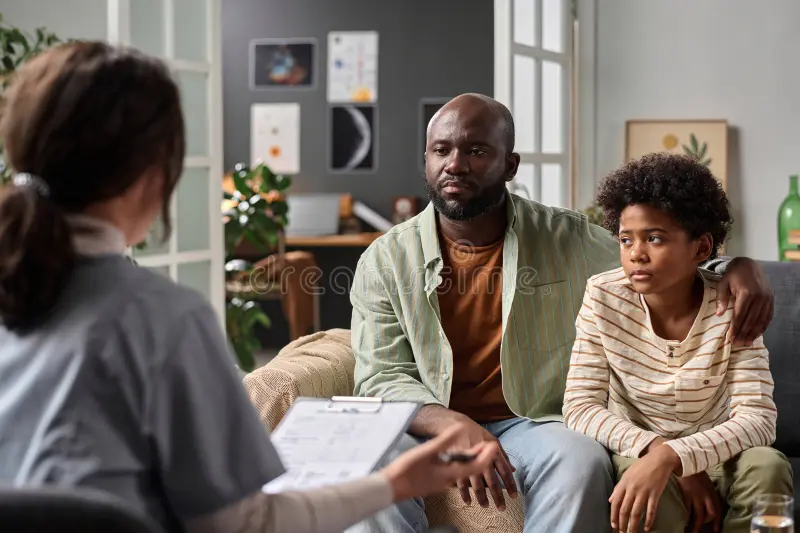24/7 Helpline:
(866) 899-221924/7 Helpline:
(866) 899-2219
Learn more about Group Therapy centers in Brusly
Group Therapy in Other Cities

Other Insurance Options

Regence

Meritain

United Health Care

Oxford

Group Health Incorporated

Providence

Lucent

MVP Healthcare

Premera

EmblemHealth

Self-pay options

Sutter

Humana

Access to Recovery (ATR) Voucher

BlueShield

Optima

Multiplan

Medical Mutual of Ohio

Absolute Total Care

State Farm

West Baton Rouge Behavioral Health
West Baton Rouge Behavioral Health is an outpatient facility that offers treatment for individuals w...































